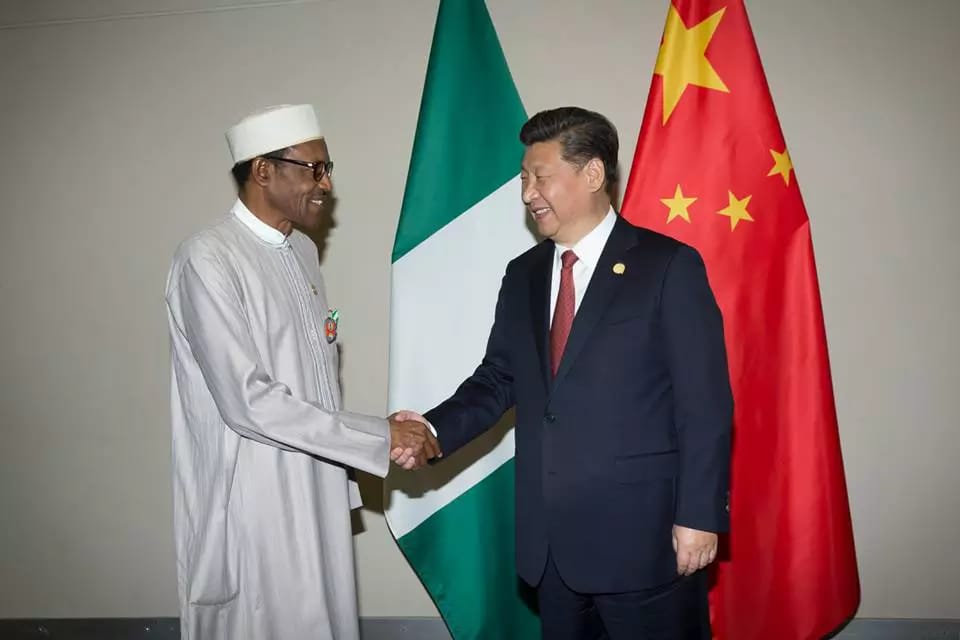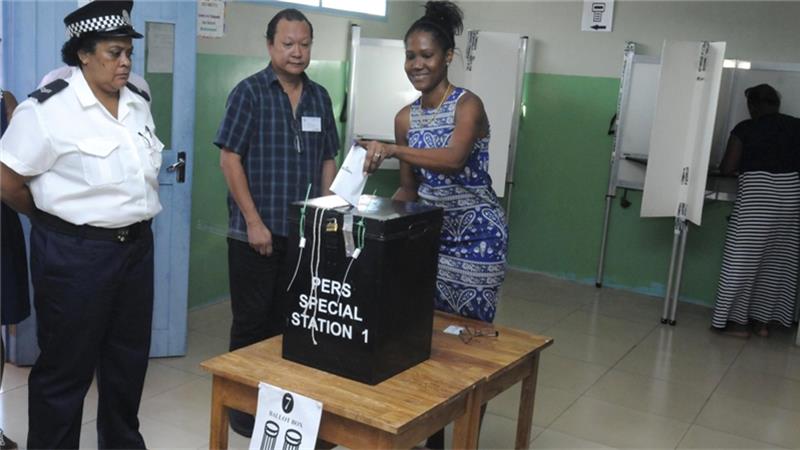The World Bank in partnership with the African Development Bank (AfDB) and the World Meteorological Organization has recently announced a US $600 million programme to improve hydro-meteorological services in 15 West African countries.
The programme, Strengthening Climate Change and Disaster Resilience in Sub-Saharan Africa, aims at improving African nations’ meteorological services competence, regional competence and partnerships of various players in the meteorological services chain, especially in countries that have relatively poor infrastructure and lack modern technology for reliable and timely capture and transmission of meteorological information to the public.
In his opening remarks, during a side event at the recently-concluded Climate Change conference in Paris, Mr Jeremiah Lengoasa, Deputy Secretary General of the World Meteorological Organization, bemoaned the poor infrastructure and technological opacity of most meteorological departments in Africa.
Lengoasa noted that “these services are key to strengthening resilience to climate change by providing early warning services. . . But the truth is that most meteorological services in the region are not able to provide the requisite information for decision-making, not because of their own making, but due to lack of infrastructure and modern technology to deliver reliable services”.
Lengoasa added that it was unfortunate that some programmes are designed in the context of leaving a legacy rather than the consideration of partnerships, which is a key element to attracting investment and sustainability.
“A lot of initiatives are being done without partnerships but based on legacy,” Leongasa said. “But this initiative is an investment initiative that, if well-coordinated, should achieve a step change.”
While speaking at the event, Vice-President of AfDB, Aly Abou-Sabaa said the programme responds in a timely manner as Africa is already struggling with effects of climate change. He added that the intervention resonates well with the Clim-Dev initiative that the Bank is supporting to modernize both country and regional meteorological services in Africa.
“Most of you who have been following our side events know that the Bank has pledged doubling of its support to climate initiatives up to 40%. However, this will only happen if the countries involved also contribute some marching grants. This will help create a good sense of ownership of the programme,” Abou-Sabaa said.
Meanwhile, Laura Tuck, Vice-President of the World Bank Group, highlighted the serious challenges that the African continent faces due to climate change and the danger of millions of slipping back into poverty if measures to help them to adapt are not put in place.
“Africa has been experiencing a steady growth for the past decade, but this growth is under threat… As many as 100 million people could slide into extreme poverty due to climate change”, said Tuck, who highlighted the findings of a recent World Bank report entitled, “Shock Waves: Managing the Impacts of Climate Change on Poverty.”
Tuck added that serious investments are required in the meteorological services in Africa, and only 10 percent of the World Bank’s $500 million support to meteorological services globally, goes to Africa.



